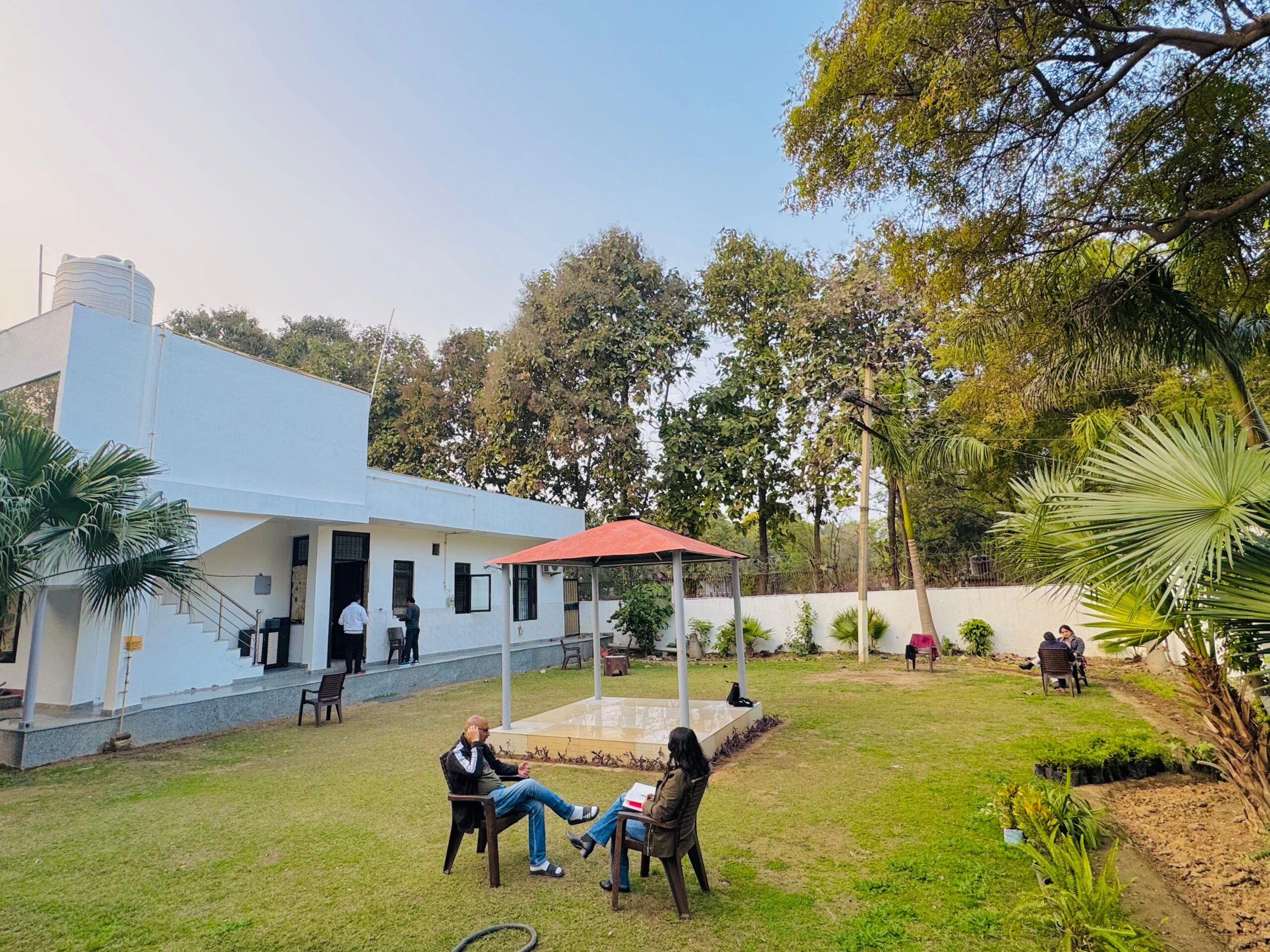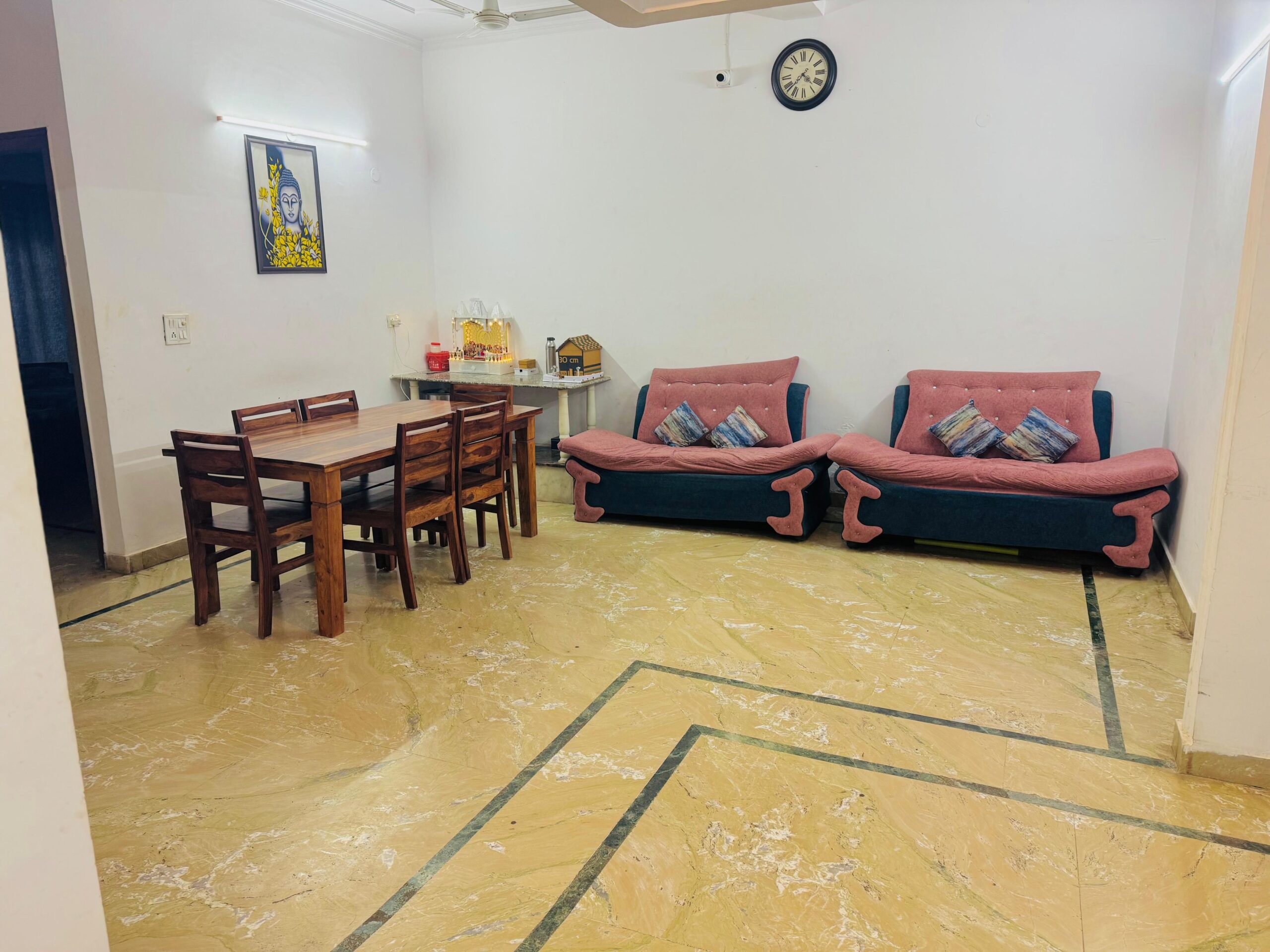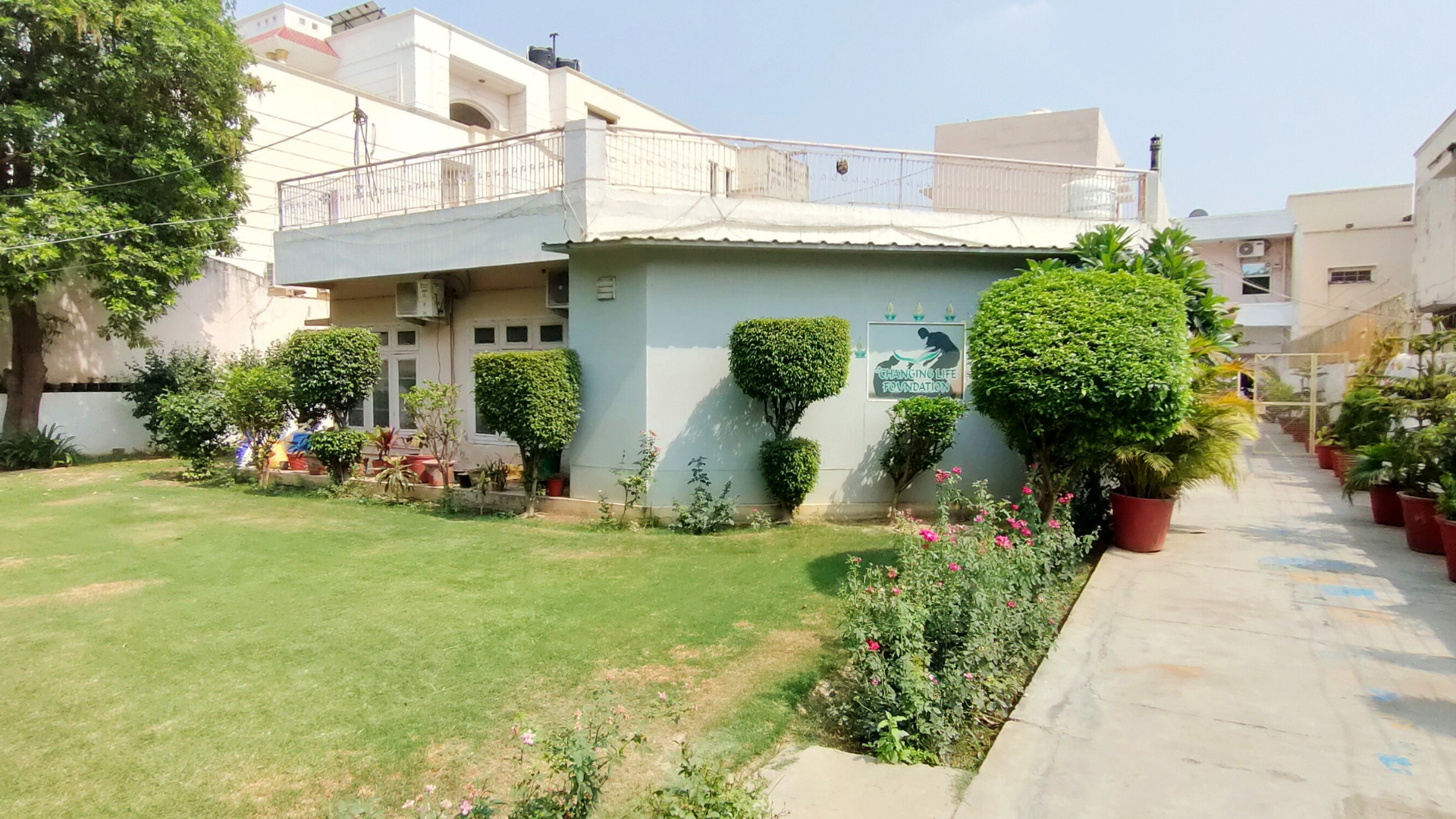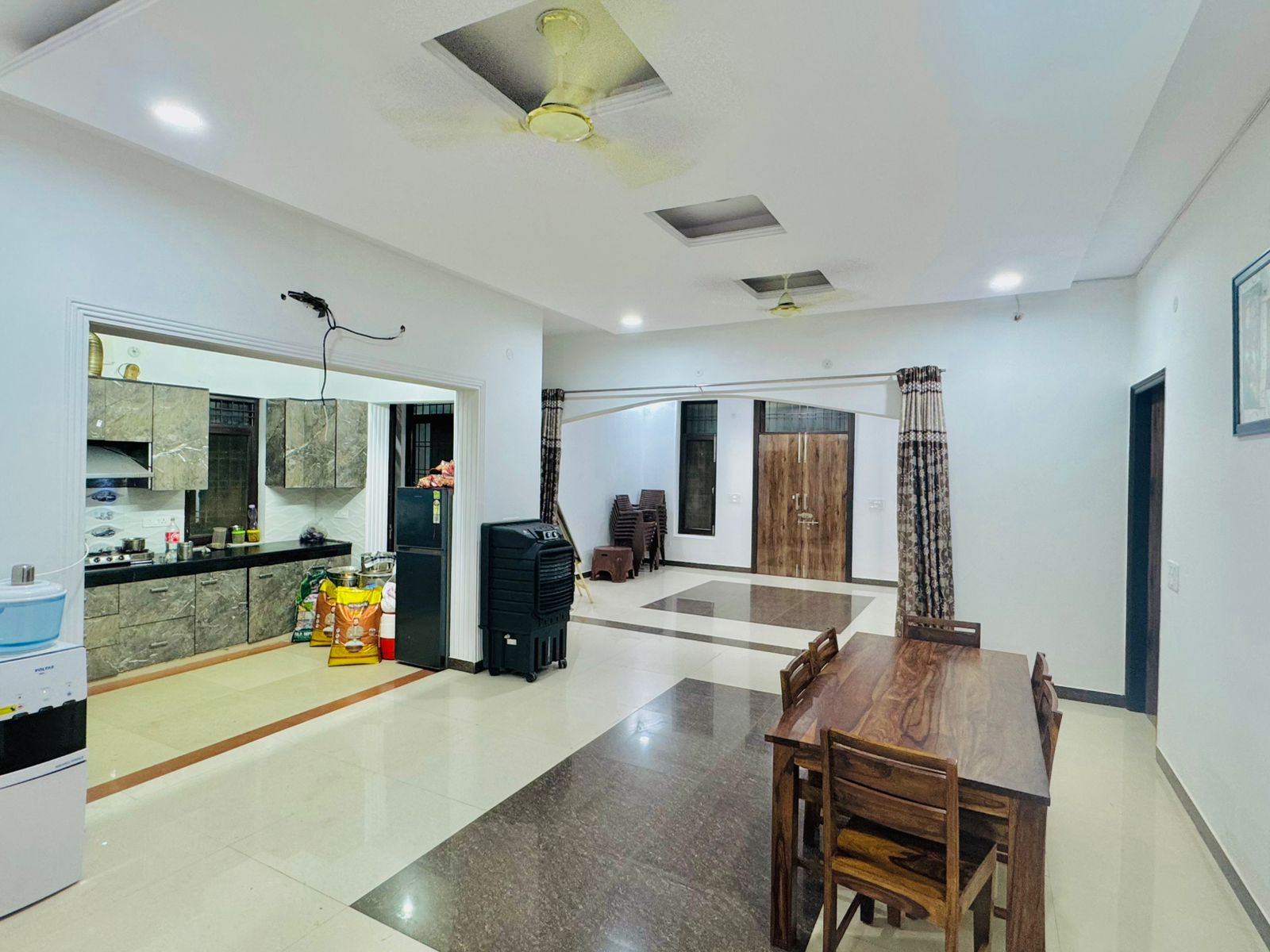De-Addiction treatment
Changing Life and Wellness Centre
We offers a variety of residential addiction treatment programmes for men and women. Residents participate in a bespoke integrative recovery programme, that is tailored to suit their needs. Based in Bangalore, we have the facilities and staff to halt your addiction and turn your life around.

25 Years Experience




What We Do ?
The Process
– 12 step philosophy and groupwork
– Cognitive behavioural therapy
– Psychotherapy
– Addiction workshops
– Humanistic therapies
– Team building activities
– Relapse Prevention
– Arts and crafts
– Yoga
– Interpersonal group therapy
– One to one therapy work with a focus on core issues
Changing Life’s and Wellness centre’s De-addiction treatment typically involves a comprehensive approach aimed at addressing physical, psychological, and social aspects of addiction. Here’s an overview of what such treatment may include:
1. Assessment and Diagnosis
- Initial Evaluation: Medical professionals conduct a thorough assessment to determine the severity of addiction and its impact on physical and mental health.
- Personalized Treatment Plan: A customized plan is developed based on the individual’s condition, type of addiction (alcohol, drugs, etc.), and personal history.
2. Detoxification (Detox)
- Supervised Withdrawal: Detox involves safely managing withdrawal symptoms as the body rids itself of addictive substances.
- Medical Support: Medication may be provided to ease symptoms and prevent complications, especially in cases of severe addiction.
3. Therapeutic Interventions
- Counseling and Psychotherapy: Includes individual therapy (like Cognitive Behavioral Therapy – CBT) and group therapy sessions to address the psychological aspects of addiction.
- Behavioral Therapies: Techniques to help individuals identify triggers, develop coping strategies, and maintain sobriety.
- Family Therapy: Families are often involved to heal relationships and create a supportive home environment.
4. Medication-Assisted Treatment (MAT)
- For some addictions, medications like naltrexone, buprenorphine, or methadone are used to manage cravings and prevent relapse.
- Mental health conditions (if present) like depression or anxiety may also be treated with appropriate medications.
5. Holistic and Alternative Therapies
- Yoga and Meditation: Promote mental peace and physical health.
- Art or Music Therapy: Help in emotional expression and stress reduction.
- Physical Fitness Programs: Encourage overall wellness and recovery.
6. Rehabilitation and Skill Development
- Vocational Training: Helps individuals rebuild their lives by equipping them with skills for employment.
- Life Skills Training: Focuses on improving communication, problem-solving, and decision-making skills.
7. Aftercare and Relapse Prevention
- Support Groups: Introduction to support groups in and around your area.
- Follow-Up Counseling: Regular check-ins with therapists to ensure continued progress.
- Relapse Prevention Programs: Education on identifying warning signs and strategies to stay sober.
OUR ADDICTION EXPERTS ARE WAITING
To find out more and begin your treatment programme as soon as possible please contact us using the number below.
